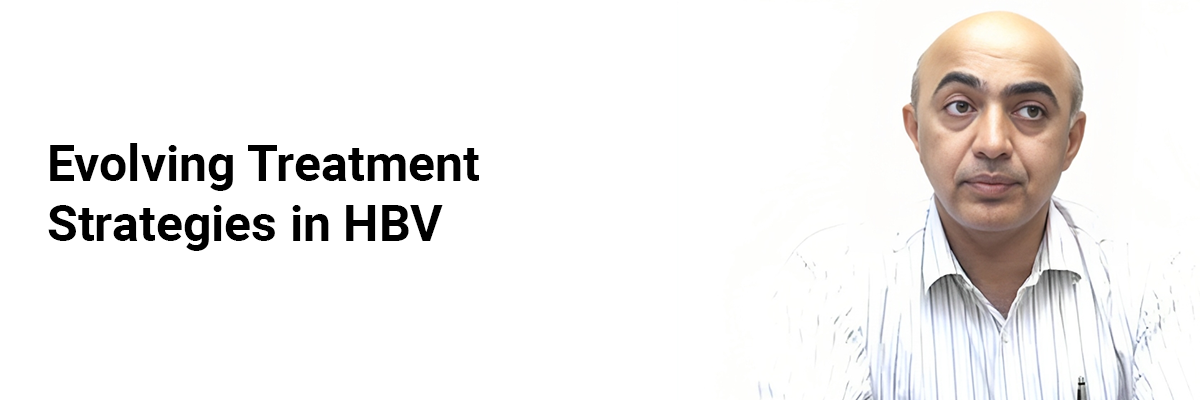
 IJCP Editorial Team
IJCP Editorial Team
Evolving Treatment Strategies in HBV
The currently approved therapies for hepatitis B include interferon (IFNα-2b, PEG-IFNα), lamivudine, adefovir, telbivudine, entecavir, TDF and TAF.
The HBV is an oncogenic virus. The hepatocarcinogenesis could be underway even without signifi cant fi brosis in chronic hepatitis B.
The barriers to HBV cure include the reservoirs for HBV replication, antigen production and impaired host immune responses against HBV. The covalently closed circular DNA (cccDNA) located in the hepatocyte nucleus acts as a transcriptional template for all HBV RNAs.
The incoming virions and those from intracellular recycling act as the sources of HBV cccDNA. The long half-life and dual source explain the minimally reduced cccDNA level in spite of long-term nucleoside analogs.
Apart from HBV DNA suppression, other targets (HBeAg loss, HBsAg loss) are not achieved well with nucleos(t)ide analogs. They fare poorly in eradicating cccDNA.
Safe and effective long-term oral therapy is available, but very few people are currently being treated. Around 290 million are infected and just 28 million (10% of total) are diagnosed, of which 4.6 million (1.5% of total) are being treated (Global Cascade of Care 2023).
Partial cure of hepatitis B is loss of HBV DNA (decrease in necroinfl ammation, fi brosis and HCC risk persist); loss of HBsAg is functional cure (reduced fi brosis, HCC risk persists), while loss of cccDNA results in complete cure (reduced HCC risk). Sterilizing cure is integrated HBV DNA loss (HCC risk eliminated).
The targets for new therapeutic approaches to HBV cure entail inhibition of viral replication (entry inhibitors, nucleos(t)ide analogs, capsid assembly modulators), reducing the viral antigen burden (ASO, siRNA, NAP, HBsAg mAb) and boosting immune response (PEG-IFN, anti-PD1, TLR7/8 agonists, therapeutic vaccines).
CDC has updated its screening recommendations from risk-based criteria in 2008 to universal screening in 2023. All adults should undergo the triple panel test (HBsAg, anti-HBs, total anti-HBc) at least once in their lifetime.
Pregnant persons should be screened in the fi rst trimester. Incarcerated individuals, or those with history of STIs or multiple sex partners or HCV should undergo continued periodic risk-based screening

IJCP Editorial Team
Comprising seasoned professionals and experts from the medical field, the IJCP editorial team is dedicated to delivering timely and accurate content and thriving to provide attention-grabbing information for the readers. What sets them apart are their diverse expertise, spanning academia, research, and clinical practice, and their dedication to upholding the highest standards of quality and integrity. With a wealth of experience and a commitment to excellence, the IJCP editorial team strives to provide valuable perspectives, the latest trends, and in-depth analyses across various medical domains, all in a way that keeps you interested and engaged.



















Please login to comment on this article